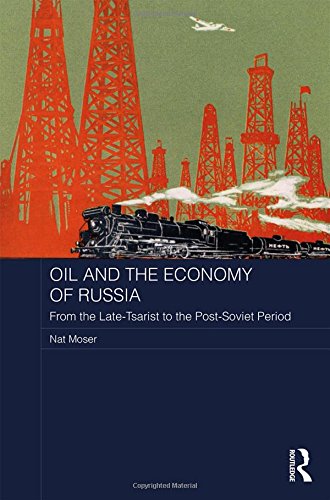

Most ebook files are in PDF format, so you can easily read them using various software such as Foxit Reader or directly on the Google Chrome browser.
Some ebook files are released by publishers in other formats such as .awz, .mobi, .epub, .fb2, etc. You may need to install specific software to read these formats on mobile/PC, such as Calibre.
Please read the tutorial at this link: https://ebookbell.com/faq
We offer FREE conversion to the popular formats you request; however, this may take some time. Therefore, right after payment, please email us, and we will try to provide the service as quickly as possible.
For some exceptional file formats or broken links (if any), please refrain from opening any disputes. Instead, email us first, and we will try to assist within a maximum of 6 hours.
EbookBell Team

4.1
60 reviewsThis book examines the development of the Russian economy from tsarist times to the present through the lens of the oil industry. It considers the role of the state, business-state relations, foreign participation, enterprise performance and technology. Besides providing much rich detail on the changing nature of the oil industry, the book also puts forward important conclusions, including the fact that in the late nineteenth century private enterprise rather than the state was the principal driver of economic development, and that after the collapse of the Soviet Union incumbent managers were more effective in running their companies than financier entrants, whose main concern was short-term gain.